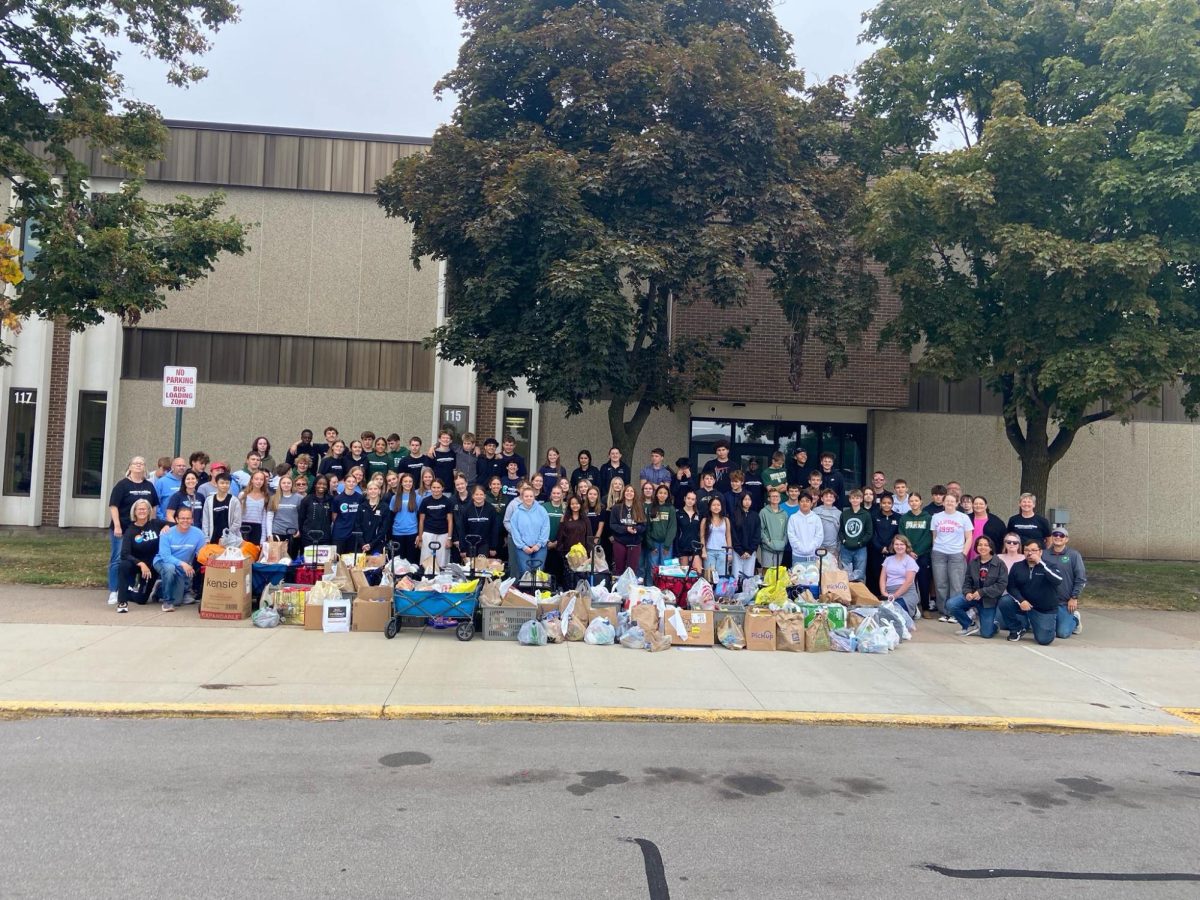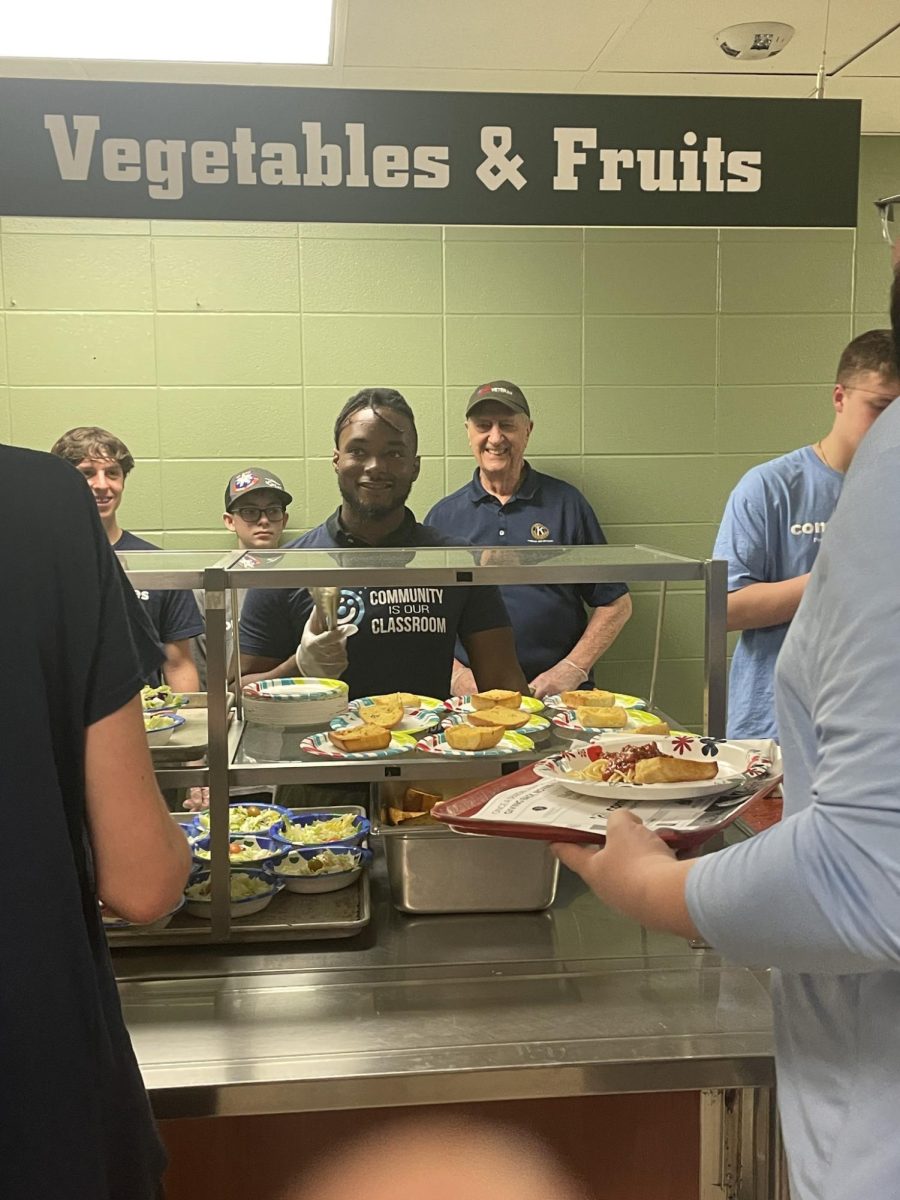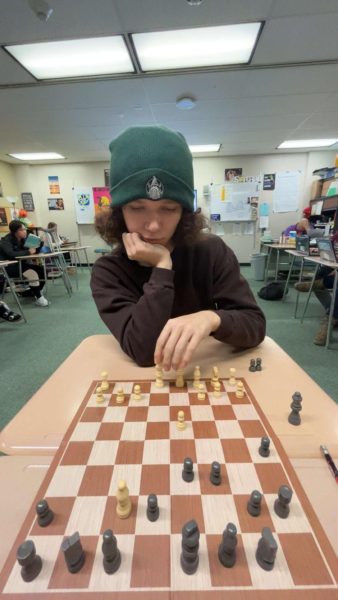Most of life on Earth uses the Krebs cycle to make enough energy to live. Cells create new energy when previously made energy has depleted. Similarly to this, the cycle of ‘life’ at North constantly refreshes as seniors graduate and freshmen enroll. In addition, nearly every year some teachers will teach a class for the last time.
After 29 years of working at ONHS, Paula Dillon will retire at the end of the year.
Having worked here since 1995, Dillon doesn’t plan on forgetting North.
“I will definitely miss all the people. I will miss all the funny things that students say during the day. I will miss my coworkers and friends here, and I’ll miss things like Homecoming, crazy dress-up days, pep rallies, and sasquatch week.”
However, at least for the near future, she can be spotted at school events.
“I’m still going to come to the musicals and things like that, but it’s the things that happen during the school day that only the people who work here get to see.”
Dillon believes North has something special, which is why she stayed so long. Besides seeing students learn, she enjoys the chaotic nature of working at North: The conversations students have, the jokes students and peers make, and the things that happen over the course of a day.
After this year, she plans to spend more time with her hobbies.
“Well, I already teach yoga, six classes a week as it is now. I’ll probably do more of that.”
If she’s not teaching yoga, Dillon might start knocking some items off her bucket list.
“I’d like to travel. I’ve never really had the chance to travel. First place on my bucket list but probably not my first trip is Ireland. I’d really like to go see the Grand Canyon, I’ve never been to Texas and Arizona. I don’t know what else is on my list, but those are two really big ones for me [Grand Canyon and Ireland].”
Dillon offers some important advice to students, especially freshmen. Don’t let school get ahead of you and stay caught up.
“Stay on top of things; stop the snowball. Once you fall behind, it means that when you come to class, you aren’t prepared to learn that day’s material. When that happens, it becomes harder and harder to stay focused or try hard [in class]. This also takes away the joy from learning, which is important for setting your attitude and your determination to do well. Use time wisely!”
For her replacement, Dillon also has a few words of advice. Teaching can be tricky, and you have to properly use your tools, but once you figure it out you’re set!
“The first 1-2 years are really hard, so you have to be willing to put in the time/work. You also have to experiment and find what works for students; don’t be scared to fail. Maybe… take a deep breath and make an adjustment / try again. More importantly, don’t worry about it. Reach out online or to colleagues for help, even the little details can greatly vary your success. If you can do this and make it through your first year or so, the reward is worth working for.








